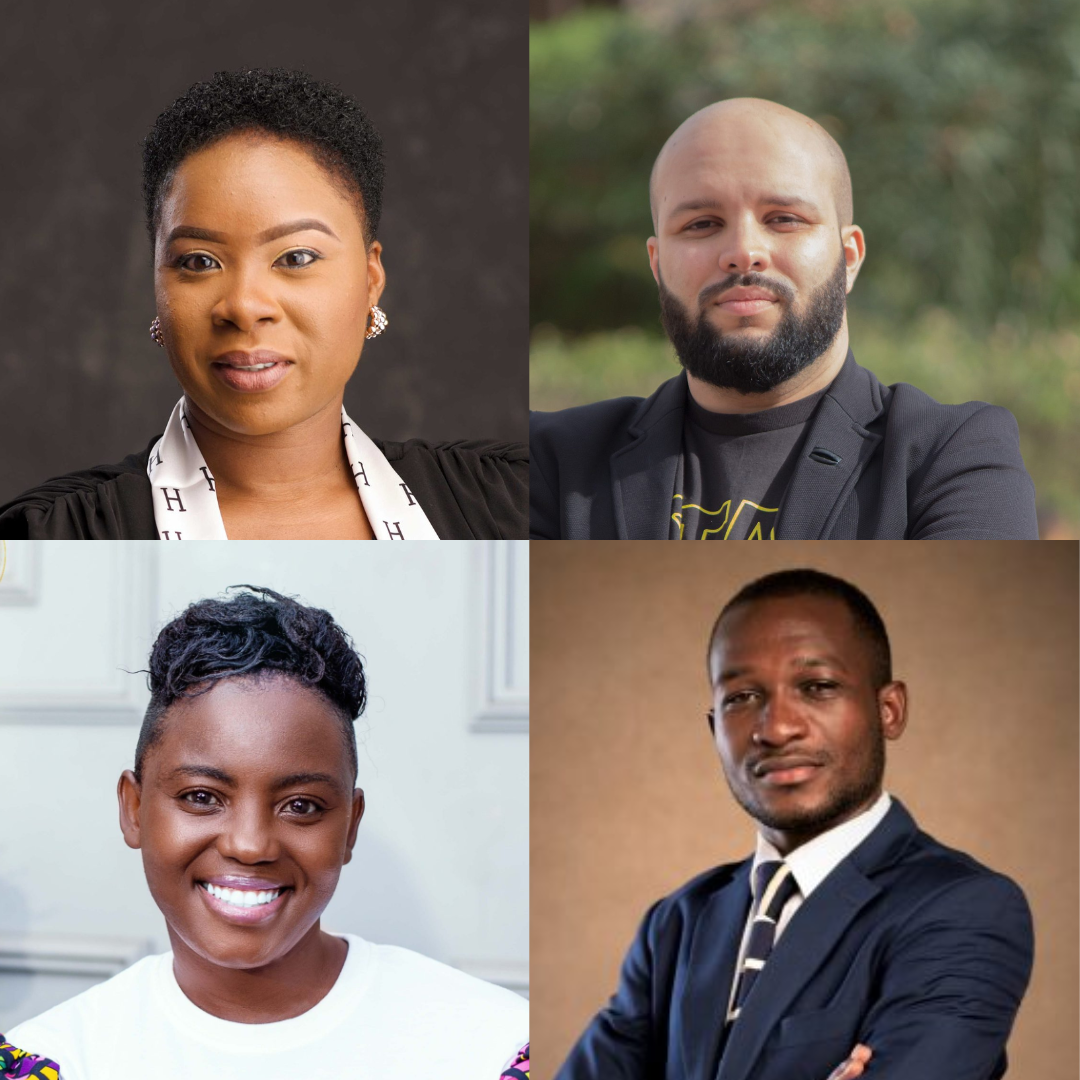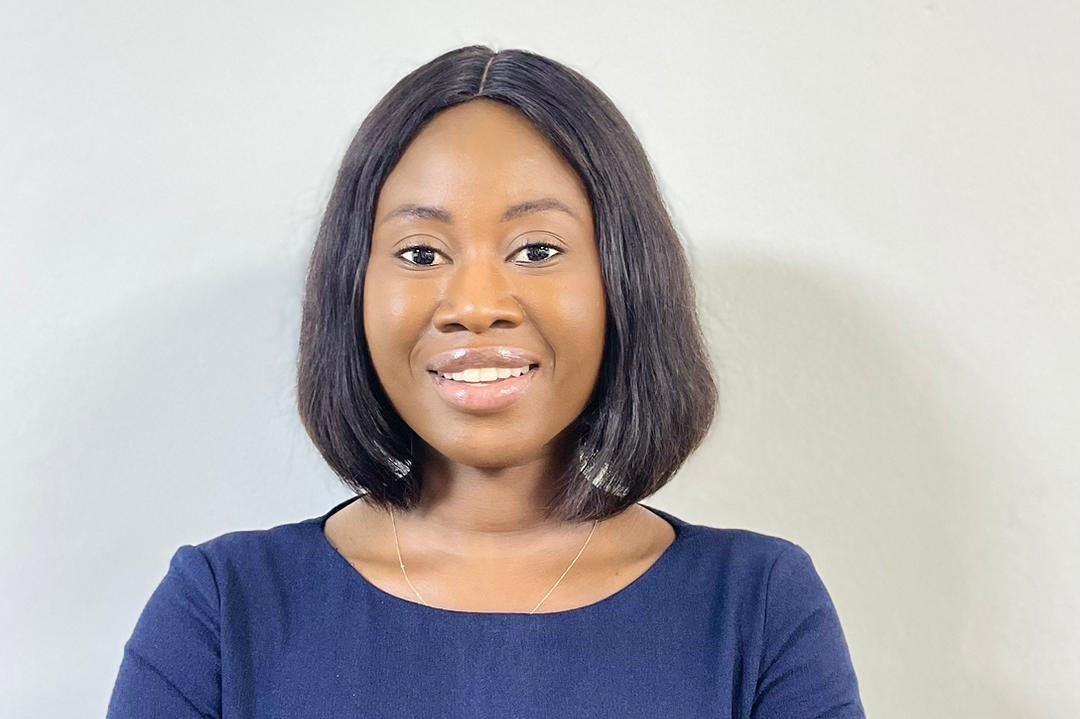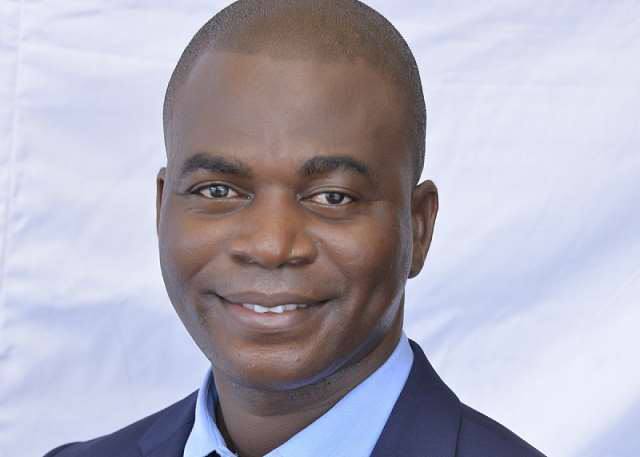This week on Comms Spotlight, we look to the past to prepare for the future. Four professionals we’ve interviewed across the continent; Oge Maduagwu, West Africa Media Manager, Unilever; Yasser Abdesselam, Communications Expert, Food and Agriculture Organization; Dorcas Aba Cobbinah, Managing Director, Ghana & Global Chief Operating Officer, Abjel Communications; and Christian Nanou, Senior Managing Partner, CREATIVE & WORK; share valuable career advice to help professionals at different stages in their careers.
The Comms Spotlight gives us the opportunity to meet Communications professionals from various industries across Africa and learn from their inspiring career journeys. We all have to agree that 2023 was an interesting year. Every part of the world seemed to have something newsworthy happening. With the news we got from various quarters, it’s crucial for us as professionals to stay anchored and draw inspiration from the right sources.
This week on The Comms Spotlight, we’re bringing inspiration to you by looking back at four interviews we had with professionals this year and some of the impactful advice they shared with us.
Oge Maduagwu, West Africa Media Manager, Unilever
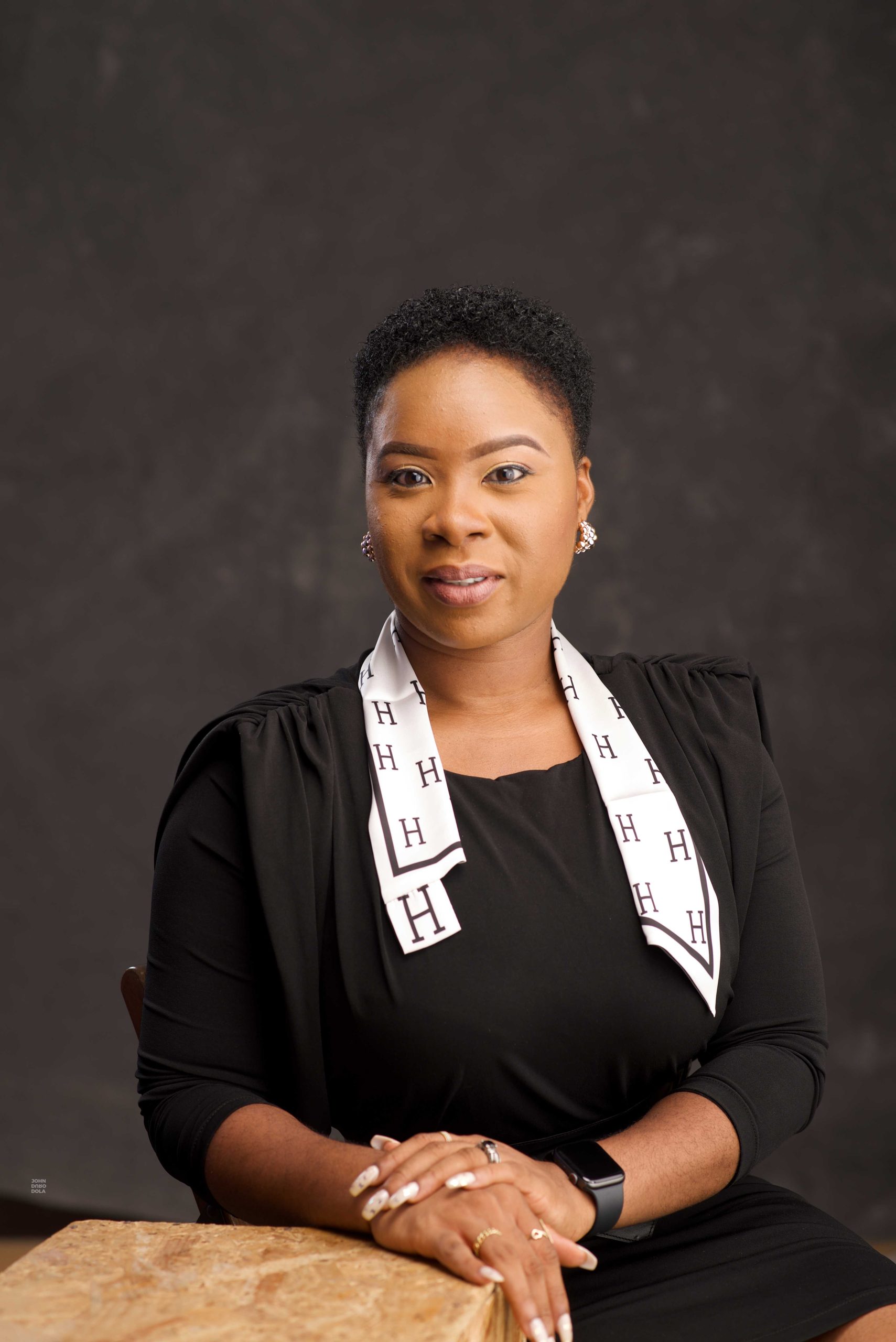
What is the biggest challenge you have faced in the course of your career and how did you overcome it?
My journey so far has been fraught with various challenges. A lot of them (laughs). One of the biggest ones I can readily call to mind was one from when I had just joined Unilever six years ago. I can say it was a culture shock/mindset shift transitioning to an organisation where people actually came first. Mental health prioritised, people encouraged to take breaks, bosses genuinely invested in the growth and wellbeing of their reports. Feedback actually taken into consideration, value given to individual voices… It was strange. Not to say that where I was coming from was bad but, this seemed like another dimension entirely. I did not understand it at all, however I had to quickly unlearn what I had in my head and get with the program because of the obvious uplift in productivity and wellbeing.
It was not easy because I assumed I already knew what I needed to know about people and values to get work done; however, the experience changed me. It further reiterated the fact that learning is a continuous curve. It never stops.
What advice would you give to your younger professional self?
Your hard work and focus will pay off. After putting in your very best, sometimes all you need to do is breathe. Exhale. Be kinder to yourself. Trust the process. You are more than enough. Let go. Let God. Trust Him.
Yasser Abdesselam, Communications Expert, Food and Agriculture Organization
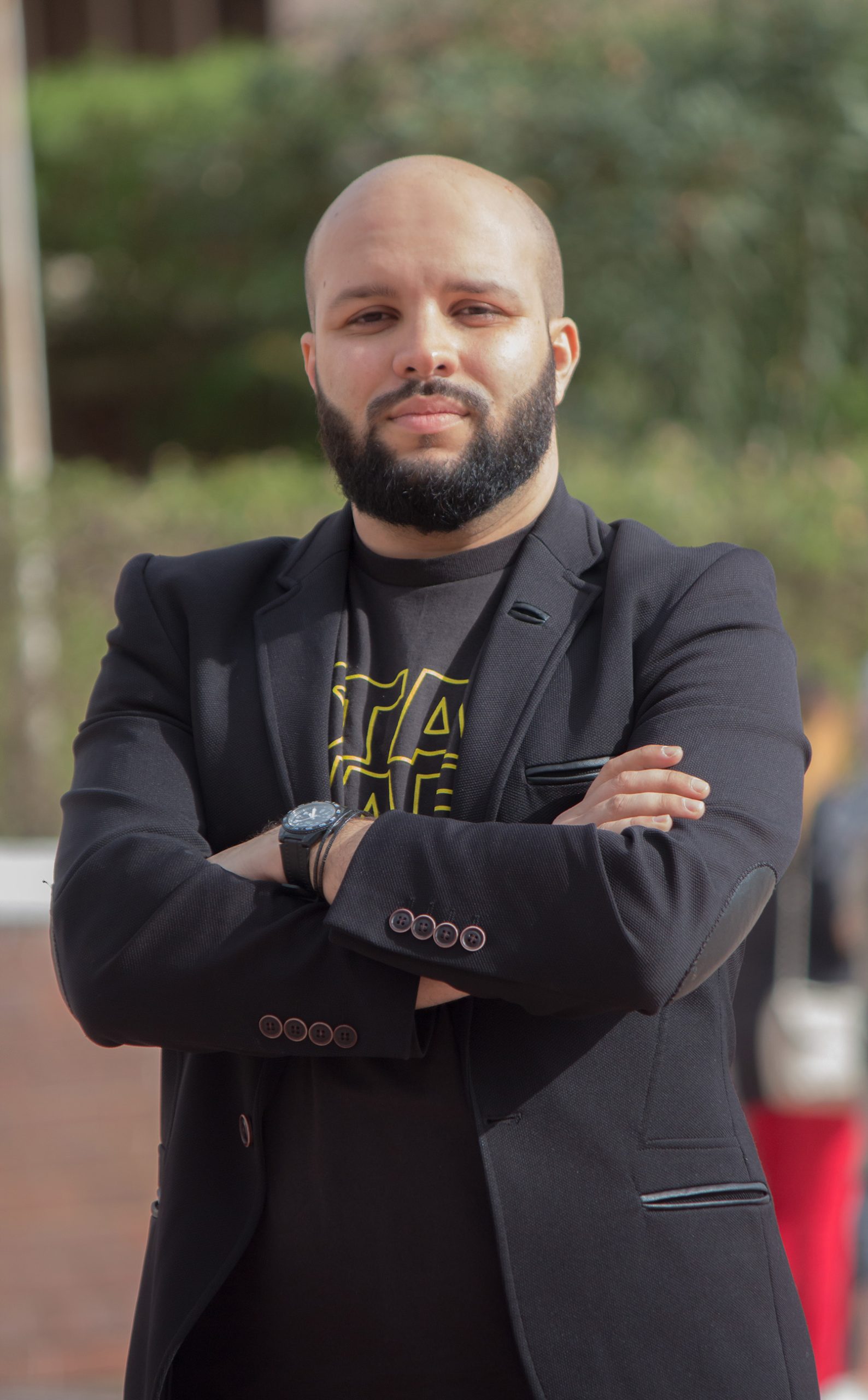
What do you love the most about your job?
What I love most about what I do is the opportunity to create and implement creative ideas that can have a meaningful impact, especially in a non-profit environment where there is no hassle or implication of revenues. I choose to believe that the best form of communication is the one that delivers a message that drives human development on a micro and macro level rather than driving sales and generating revenue. I also enjoy the challenge of working with people of diverse backgrounds and figuring out how to tailor my approach to meet their specific needs.
Working in this field has given me the opportunity to develop a deep understanding of the challenges faced by my organisation, and I am always looking for new and innovative ways to help member countries overcome these challenges through effective communication. Whether it’s through developing targeted messaging and campaigns, providing media relations support, or training national communications officers, I am passionate about digging deep into the cultural and social identities of region countries to find the right words and messages that would drive positive impact.
If you had the chance to say something to every Communications professional in the world, what would it be?
I would first say: “Don’t’ be like me” but I believe that this is not what’s sought by this question.
You are a Communications professional; it is the one of the few jobs in the world that allow you creative freedom; seize it. It unfortunately comes with some limitations as to how the politics behind it are working, but still leaves enough space for you to exist within its boundaries. Therefore, dare to be creatively strategic and strategically creative as Communications is a powerful tool, and it’s up to you to use it effectively and ethically to make a positive impact.
Also, never stop learning and growing as this field is constantly evolving, and it is important to always be willing to adapt and improve your skills to stay ahead of the curve. Never stop seeking feedback and improving your craft. And most importantly, cultivate a strong network and build relationships with others in the field, as collaboration and mentorship are key to success.
Dorcas Aba Cobbinah, Managing Director, Ghana & Global Chief Operating Officer, Abjel Communications

What is the biggest challenge you have faced on your career journey and how did you overcome it?
I have had lots of challenges but this was the most difficult. I worked with an institution that had no Communications/PR department since its inception. Conversations during the interview gave me an assurance that even though this is a new department, I would have the support of everyone to make it a success. It was challenging for me because they were doing extremely well but they weren’t appreciating the existence of that department. The most difficult part of my work was that all the proposals, plans and policies developed were saved on computers without attention.
With my 6 years of experience before taking up the role, I never gave up. I developed a plan to engage the Board, Management and staff to fully understand Comms work and its contribution to the organisational goal. I conducted several meetings (groups & one-on-one), trained some spokespersons, presented the various plans and had their inputs well presented. I used almost 3 months for this work but it was worth it because it made my work easy and successfully achieved all tasks in my 3 years of work with them.
How can a communications professional position himself/herself to add value to the organisation they work with?
Three things;
One, be familiar with your organisation, its purpose, and the value it offers to the people you serve. As a communications professional, when people see you, they should be able to visualise your organisation. You must buy into the vision and mission of your organisation first to be able to sell it to anyone. Professionals who can articulate their organisation’s value statements are an asset.
Two, be willing to go beyond the scope of your job description. This is a great way to position yourself as an expert in your area of specialty, distinguishing yourself from the rest of the employees and establishing yourself as the go-to person. Be willing to support activities such as note-taking during meetings, offering to train your colleagues in your areas of expertise to reduce the cost of hiring an external trainer, helping your colleagues who might be struggling with report writing, presentation skills, editing a document, etc. In short, be a problem solver.
Three, grow networks that will be very useful to you and the organisation. There are numerous occasions where I have used my networks consisting of friends and colleagues in the communications industry to get partnerships, media coverage and publicity, support for charity activities, and referrals for the organisations I have worked for. This is how valuable employees create and use their networks. Your Network is Your Net Worth.
Christian Nanou, Senior Managing Partner, CREATIVE & WORK
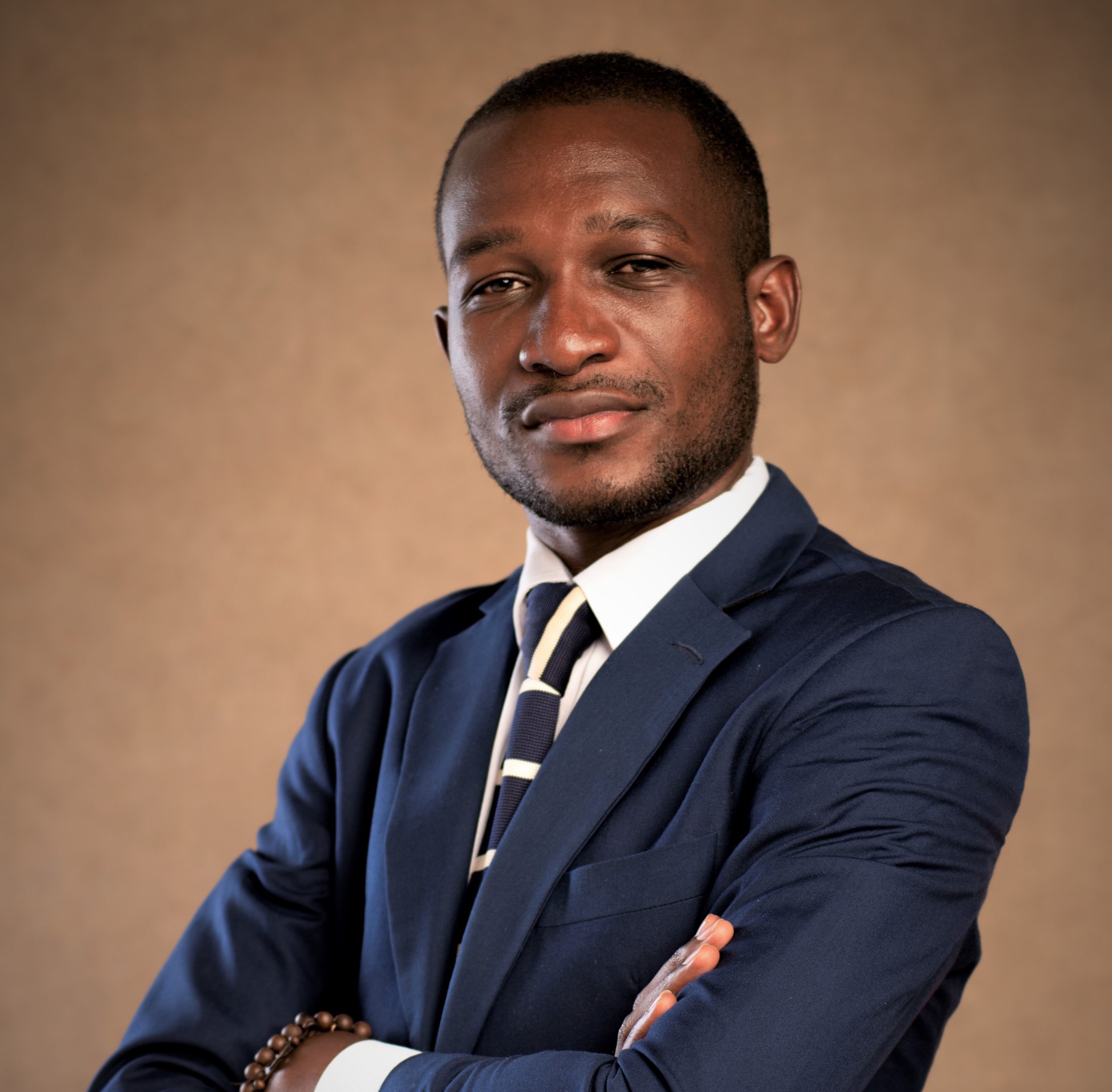
How do you think PR practitioners in Francophone and Anglophone Africa can collaborate to create impact across borders?
Numerous collaboration opportunities exist. Creating networks and discussion platforms is crucial. PR practitioners from different regions can form Communications networks to exchange ideas, best practices, and experiences. This will foster a better understanding of the specific challenges in each region and encourage mutual learning.
Translation and adaptation of content on both sides are also essential factors to consider. Additionally, developing cross-border campaigns would be highly beneficial. Joint campaigns involving stakeholders from both regions could address common issues or promote regional initiatives. An integrated approach would have a stronger impact and wider reach.
What advice would you give to your younger professional self?
Despite having a fairly coherent career path with clear steps, I would encourage my younger self to adopt a more Pan-African approach to our profession, by launching an inspiring media platform for Africans at an early stage.

